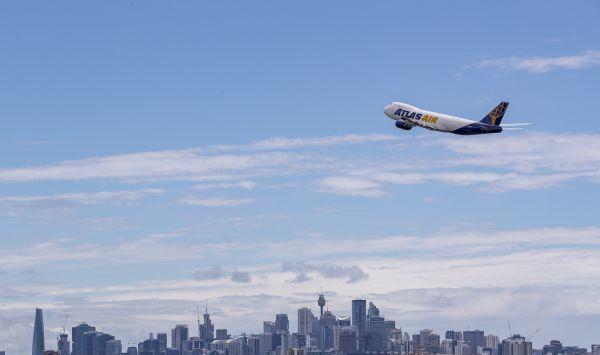According to the Australian "Sydney Morning Herald" website, Qantas found that pilots who have not flown for a long time due to the new crown epidemic are making some mistakes, such as the aircraft brakes have not been released to start taking off, and the routine procedures need more time to operate.
Qantas internal memos obtained by the Sydney Morning Herald and The Age address these issues, highlighting the challenges facing airlines around the world as long-absent pilots return to full-time jobs.
In the memo, Qantas' head of fleet operations said the disruption of COVID-19 over the past two years had "created a situation where the technical proficiency of professional pilots has weakened and as a result cognitive abilities have declined".
"Coupled with reduced flights across the network, we found a flow effect in the crew's attention and familiarity with the operation," they said. ”

"Routine projects that used to take minimal effort to complete are now taking up more time and diverting the attention of the crew from flying the aircraft," they add. ”
Qantas' flight operations team closely monitors trends for systemic or recurring events. The incidents, they said, were "particularly important during the operational disruptions we have experienced over the past 19 months."
The memo cites ground -- "threats," such as incorrectly positioned switches on cockpit panels, and "external inspection incidents."
In June last year, the pilots of Qantas Flight 787 were unable to retract the landing gear of the aircraft shortly after taking off from Sydney because two insurance pins on the landing gear before take-off were not pulled out.
The plane also experienced problems during the flight, including "pre-flight switching errors, which led to bigger problems during the flight."
The memo also provides examples of "the continued instability of the aircraft's descent and alignment of the runway" and "the crew reviewed the incident without realizing that they had been overloaded or had lost situational awareness."
Mick Quinn, a former Qantas mid-safety investigation manager, said it was difficult for pilots to get back into the cockpit after a long period of absence. But one of the airline's solutions is maximum training and maximum time spent on flight simulators.
Quinn, who previously headed the NSW Traffic Safety Investigation Office, said: "The only way is to train, train, retrain and spend time on flight simulators. Also stick to the (cockpit) absolute program so that everyone is in the same range. ”
Quinn said the long absence of pilots meant that when they returned to work, they had to think and think about what they had to do because their technical proficiency was diminished.
By the same token, Quinn says, since he didn't drive regularly for 18 months during the pandemic, he found himself a bit rusty with his driving skills.
"We are all human beings and we all make mistakes, but the most important thing is how to manage mistakes and not make bad mistakes," he said. ”
Quinn said airlines around the world face similar challenges as large numbers of pilots return to work. But he stressed that today's aircraft have built-in protection.
A Qantas spokeswoman said: "We recognised early on that we needed to think differently about pilots' technical proficiency, flight qualification requirements and technical reskilling programmes, so we designed a more complete return-to-work programme to accommodate the unprecedented challenges facing our industry. ”
She added: "Safety is our top priority, and all the data shows that our pilots have the skills and confidence to perform their duties safely when they return to work." (Compilation/Martin)
Source: Reference News Network